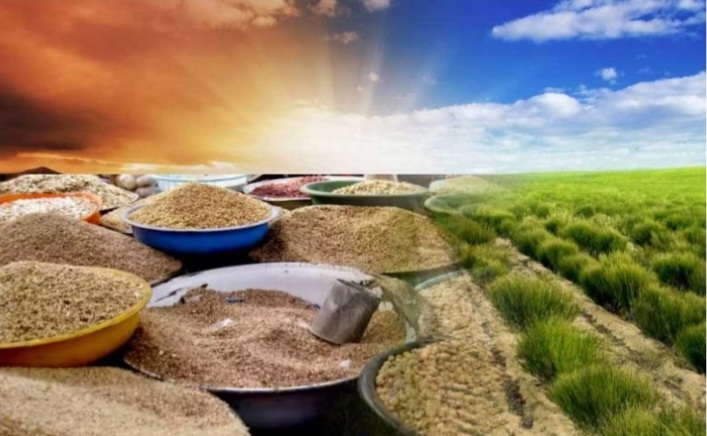The Climate Africa Media Initiative Centre (CAMIC) today underscores the critical importance of immediate and concerted action following the United Nations’ recent prediction of an impending food crisis in Nigeria and several West African countries.
As the region grapples with the compounded challenges of climate change, conflict, and economic instability, CAMIC urges proactive measures to mitigate the impact on vulnerable populations and safeguard food security.
According to the latest assessment by the United Nations, Nigeria and neighboring West African nations face an imminent food crisis due to a combination of factors including adverse weather patterns, dwindling agricultural productivity, and socio-political unrest.
With millions of people already grappling with food insecurity, the situation demands urgent attention and comprehensive strategies to avert widespread hunger and suffering.
CAMIC recognizes the gravity of the situation and calls for a multi-faceted approach to address the root causes of the impending crisis while building resilience within affected communities.
The suggested key measures include:
Investment in Sustainable Agriculture: Encouraging sustainable farming practices, promoting crop diversification, and providing farmers with access to modern agricultural technologies that can enhance productivity and resilience in the face of changing climatic conditions.
Enhanced Disaster Preparedness and Response: Strengthening early warning systems, improving emergency response mechanisms, and bolstering support for disaster-affected communities are essential to minimize the impact of climate-related shocks on food production and livelihoods.
Promotion of Climate-smart Policies: Advocating for the adoption of climate-smart policies at both national and regional levels can facilitate sustainable development, mitigate environmental degradation, and ensure equitable access to resources for all.
Empowerment of Vulnerable Groups: Prioritizing the needs of vulnerable populations, including women, children, and smallholder farmers, through targeted interventions such as social safety nets, vocational training, and access to credit and markets can enhance their resilience and adaptive capacity.
International Cooperation and Solidarity: Fostering collaboration among governments, international organizations, civil society, and the private sector is crucial to mobilize resources, share knowledge and expertise, and coordinate efforts to address the complex challenges of food insecurity and climate change.
As a leading advocate for environmental sustainability and social justice, CAMIC remains committed to raising awareness, promoting dialogue, and catalyzing action to address the interconnected issues of climate change, food security, and sustainable development.
We urge stakeholders at all levels to heed the warning signs of the impending food crisis and take decisive steps to build a more resilient and equitable future for all.
ABOUT CAMIC
Climate Africa Media Initiative Centre (CAMIC) is a non-governmental organization dedicated to advancing environmental sustainability and combating climate change. Through research, advocacy, and collaborative initiatives, CAMIC seeks to contribute to a more sustainable and resilient planet for present and future generations.
CAMIC anchored the Environmental Journalism Workshop in partnership with Dangote Industries Limited across the six geopolitical zones in Nigeria, the Tree Planting Campaign for students with Special Needs, the Jabi Lake Campaign against plastic pollution, the Green Club Initiative and many more; in a space of less than 3 years, CAMIC has taken giant strides in Climate Advocacy.
For media inquiries, please contact:
Orji Ruth
Program Officer
Email: info@camic-ngo.org
Phone number: +2348035292193

